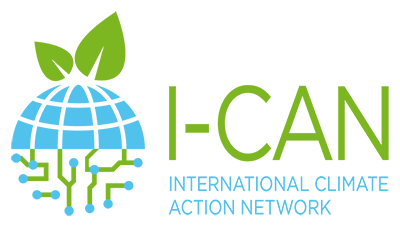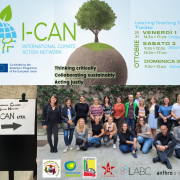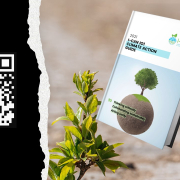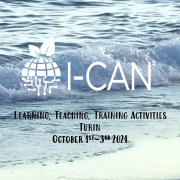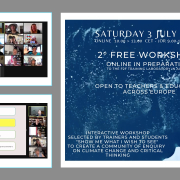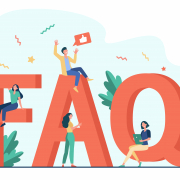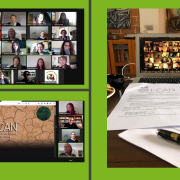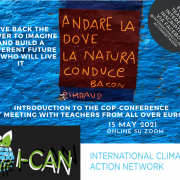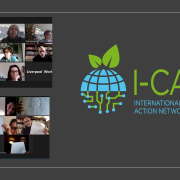Q1: Why just some cities are participating from the UK/Hungary/France/Italy?
O2: Why just some countries participating in this international training. I read somewhere it is promoted by EU.. there are more countries in the EU..where was Germany for example? Or Poland? Slovakia? Belgium? Etc.
Q3:Why the UK is in it when it is not part of the EU..
Q4: Why is this project on just for 2 years? Are we able to solve everything in 2 years?…
Our project, the International Climate Action Network (I-CAN) project has received funding as part of the Erasmus+ funding from the European Commission. There are very many Erasmus+ projects going on across Europe rather than one combined project: here’s the list of successful projects just for our priority area under the funding round in 2020 (I make it over 500 separate projects and involving all countries across the EU).
You can see here the general info about what the EC is looking for, and where we fit:
Part A: General information about the Erasmus+ Programme | Erasmus+ (europa.eu)
Our project was developed to sit within their priorities for environmental and climate goals, and partnership:
Environmental and climate goals: the programme aims to support, across all sectors, awareness-raising about environmental and climate-change challenges.
• Priority will be given to projects aimed at developing competences in various sustainability-relevant sectors, developing green sectorial skills strategies and methodologies, as well as future-oriented curricula that better meet the needs of individuals.
• The programme will also support the testing of innovative practices to prepare learners, staff and youth workers to become true factors of change (e.g. save resources, reduce energy use and waste, compensate carbon footprint emissions, opt for sustainable food and mobility choices, etc.).
• Priority will also be given to projects that –through education, training, youth and sport activities -enable behavioural changes for individual preferences, consumption habits, and lifestyles.
KA201: Cooperation among organisations and institutions, including our priority:
• Strategic partnerships for school education
Partnership is a key part of Erasmus+ and to access this funding, organisations have to design a programme and bring together partners with relevant knowledge/expertise. There can be more partners, but from Liverpool World Centre’s experience and looking at the list of successful projects, 6 organisations (including LWC) is a good number for a project of this size. Our partnership was brought together by Liverpool World Centre based on previous work on other projects and mutual interest/concern.
The UK was allowed to participate because of the timing of when we submitted the application (April 2020). This meant that when the budget for Erasmus+ projects 2014 to 2020 was set and funded (including by UK contribution), UK hadn’t withdrawn from the EU. So it was the last time this funding was open to UK organisations.
Last but not least, definitely is a ‘no’ that the problems will be solved within 30 months of this project! The proposal was worked out in detail (200 pages of it!) and with the different timings and steps, this made most sense (maximum length of any project is 36 months).
image: Persone vettore creata da pch.vector – it.freepik.com
